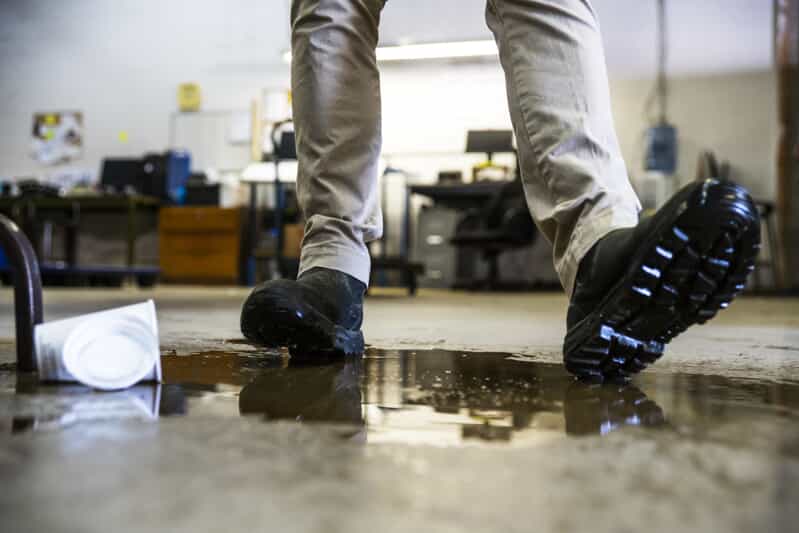
If you have experienced a slip and fall, trip and fall, or other accident-related injury on a government property, the government entity may be responsible for your injuries. It is not always the case—there are many situations where the government entity is not at all responsible, but if you can demonstrate that the entity was negligent, you may be able to pursue a claim against them in order to recover compensation for your injuries. It is important to keep in mind, however, that slip and falls on government property are often much more complex than standard slip and fall cases; you may wish to contact an experienced personal injury lawyer to assist you and make sure that you follow the correct procedure.
A governmental entity is only liable for a slip and fall accident occurring on its property if the government entity or an employee of that entity was negligent and the negligence caused your accident. There must have been a dangerous condition on the property; just because you slipped or tripped and fell does not mean that the criteria have been met. In addition, that dangerous condition must have been known about—or you must be able to demonstrate that a reasonable individual would have known about the unsafe condition.
In addition to the negligence requirement, claims against any government agency have strict time and notice restrictions. The federal government and almost all states have strict rules for personal injury claims. The first rule is generally a notice requirement. Before you can file suit against the entity, you are generally bound to file a formal notice of injury with the proper governmental entity. In addition, there are time constraints on how long may pass without the notice before the claim is barred from suit. In most states, an accident happening on government property severely cuts down the statute of limitations. Typically, in your notice, you must include your name and address, the date of injury, a summary of how the injury occurred, a statement in which you claim that the governmental authority was negligent, your allegation as to how the negligence caused your injury, a description of your injuries, and a description of your medical bills and losses to date.
It is absolutely essential that you send the notice to the correct office. In addition to the statute of limitations on government property slip and fall injury claims, your claim may be barred if you send your notice to the wrong office, and you must also make sure that your claim is against the proper entity in the first place. For example, sidewalks are generally owned by the city, but if they are in front of or on federal government premises, they may be the responsibility of the federal government. In that case, if you sent your notice to the city, you may be barred from suing the correct party for compensation later. It’s a good idea to retain the services of a personal injury attorney for this reason; they are able to quickly find out who is the responsible party.
Keep in mind as well that there are typically damage limits on cases against the government; the limits differ depending on the governmental entity in question, but they can be very low—in some cases under $100,000. While an attorney may seem like an unnecessary expense, a legal professional will be able to help ensure that everything is done correctly so that you are more likely to win your case.

